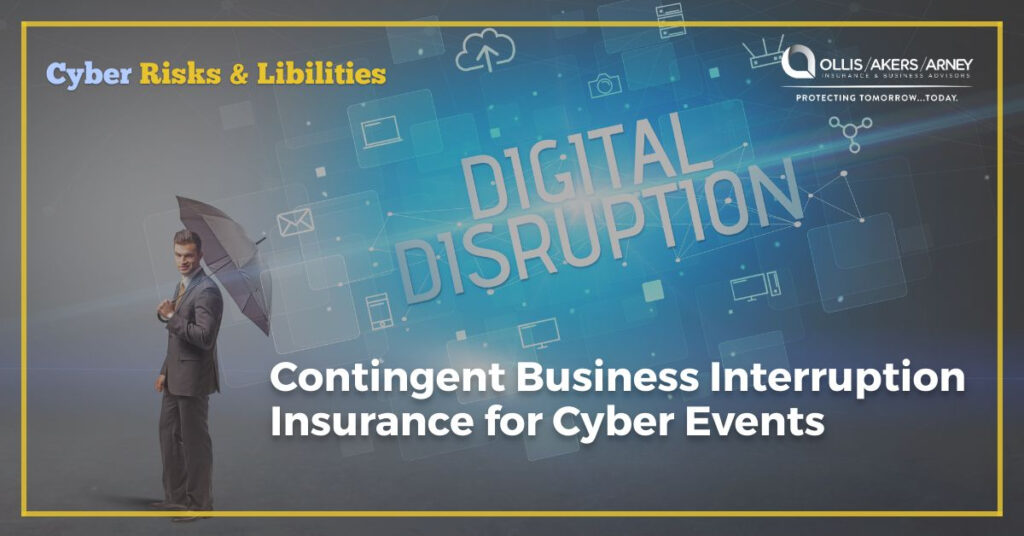As cyberthreats evolve, businesses face an increased risk of operational disruptions from digital supply chain failures. Cyber business interruption (BI) insurance protects against financial losses from internal technology failures like data breaches or ransomware attacks. For businesses relying on third-party vendors, cyber contingent business interruption (CBI) insurance goes a step further, covering losses from disruptions in third-party technology systems.
Cyber CBI insurance provides crucial financial protection when events like ransomware attacks on vendors or cloud service providers disrupt an organization’s operations. While cyber BI insurance focuses on internal system failures, CBI insurance addresses losses caused by failures in the systems of external vendors and service providers. Despite its value, cyber CBI insurance may exclude certain events and third-party providers, such as disruptions caused by internet service providers and basic infrastructure failures. Coverage is generally limited to cyberattacks, often excluding nonmalicious system failures like technical errors or human mistakes.
Cyber CBI policies usually have a waiting period of six to 12 hours before coverage begins. During this time, organizations must cover their own losses. These policies may also include deductibles or retention requirements, meaning businesses will need to absorb some costs before their coverage starts.
As cyber attacks and similar concerns increase, contact us today to ensure you’re adequately protected against cyber risks.


